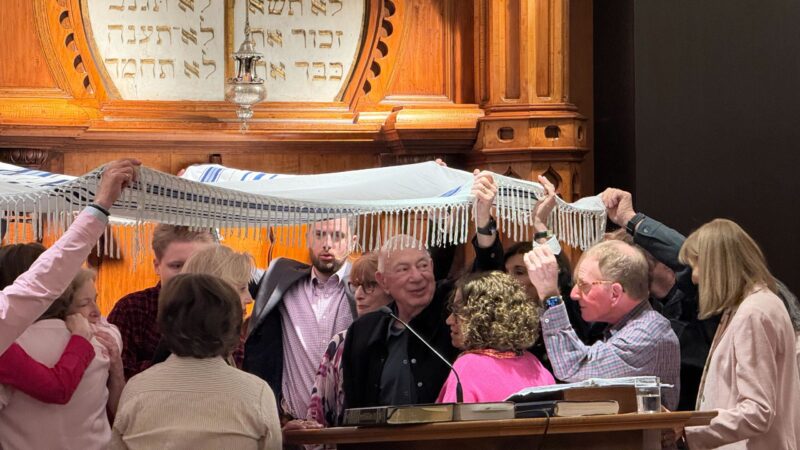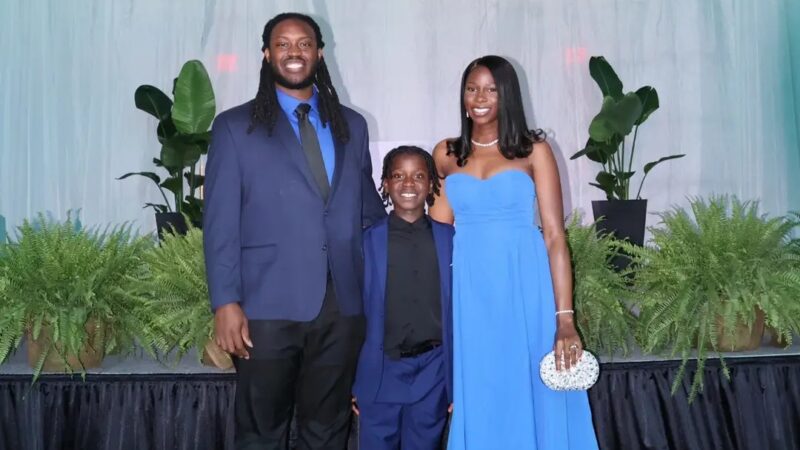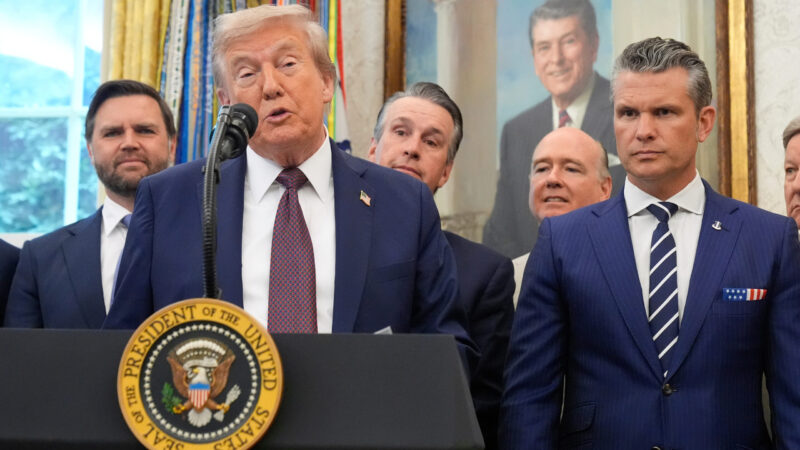Alabama could use nitrogen hypoxia for executions in death sentences. What is it?
Alabama is readying an untried method of execution to carry out its death sentences – nitrogen hypoxia.
The state approved the method in 2018, but it has not yet been used or tested.
The man awaiting a Sep. 22 execution, Alan Eugene Miller, was convicted of killing three men in a workplace shooting in 1999. He said he opted for nitrogen hypoxia instead of lethal injection due to a fear of needles, but corrections officers lost his paperwork.
While the Alabama attorney general’s office found no evidence of that, Miller could receive death by nitrogen hypoxia if a judge blocks the use of lethal injection.
What is nitrogen hypoxia?
Hypoxia is when there is not a sufficient amount of oxygen in the tissues for the body to perform its regular functions. It is different from hypoxemia, which occurs when there is low oxygen in the blood.
Nitrogen hypoxia is a form of inert gas asphyxiation. Nitrogen is safe to breathe – it makes up 78% of what we inhale – but only when mixed with suitable amounts of oxygen.
Inert gas asphyxiation uses gasses that are not typically poisonous, such as nitrogen, methane or helium, as a diluting agent for atmospheric gasses. This then reduces oxygen concentration to fatally low amounts, according to the U.S. Chemical Safety and Hazard Investigation Board.
Once oxygen levels fall below 16%, breathing becomes difficult. At 4% to 6%, a person can enter a coma in as little as 40 seconds.
There are concerns about the method
Oklahoma and Mississippi are the two other states that have authorized the method. Russell Bucklew, a man incarcerated in Missouri tried to get approved for nitrogen hypoxia, but was denied in a lawsuit that went to the U.S. Supreme Court.
Bucklew was initially scheduled for execution in 2014, but sued the director of the Missouri Department of Corrections asking for the use of nitrogen hypoxia instead of lethal injection due to a medical condition he had.
In the opinion of the Court, Justice Neil Gorsuch denied the request, saying that nitrogen hypoxia had been untested and Missouri could not properly prepare it.
Bucklew’s proposal should have included how the nitrogen gas should be administered, in what amounts, how long it would take to work and how to keep the execution team safe, he said.
The Court also ruled there was no evidence to support Bucklew’s claim that hypoxia would be less painful. He was executed in 2019 by lethal injection.
Copyright 2022 NPR. To see more, visit https://www.npr.org.9(MDA2ODEyMDA3MDEyOTUxNTAzNTI4NWJlNw004))
Auburn fires coach Hugh Freeze following 12th loss in his last 15 SEC games
The 56-year-old Freeze failed to fix Auburn’s offensive issues in three years on the Plains, scoring 24 or fewer points in 17 of his 22 league games. He also ended up on the wrong end of too many close matchups, including twice this season thanks partly to questionable calls.
In a ‘disheartening’ era, the nation’s former top mining regulator speaks out
Joe Pizarchik, who led the federal Office of Surface Mining Reclamation and Enforcement from 2009 to 2017, says Alabama’s move in the wake of a fatal 2024 home explosion increases risks to residents living atop “gassy” coal mines.
‘It’s like feeling the arms of your creator just wrapped around you’: a visit to a special healing Shabbat
Members of Temple Emanu-El in Birmingham gathered recently for their traditional Friday Shabbat service. But this particular service was different, as could be seen by all the people dressed in their finest pink.
Space Command is coming to Huntsville. What might that mean for first-time homebuyers
While Huntsville has been a more affordable market than other growing cities, what’s it been like for those looking for their first home?
Colorado says relocation of Space Command to Alabama is ‘punishment’ for mail-in voting
The litigation announced by Colorado Attorney General Phil Weiser asks a federal judge to block the move as unconstitutional.
Breaking down Alabama’s CHOOSE Act
It’s been a year since Alabama legislators passed the CHOOSE Act allowing families to apply for state funds to use towards homeschool expenses and tuition for participating private schools. The Alabama Daily News’ education reporter Trisha Powell Crain has been diving into how the funds are being used. WBHM’s Andrew Gelderman sat down with her to talk about what we’re seeing so far.








